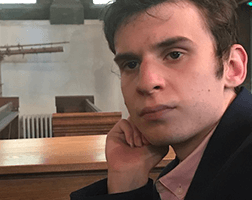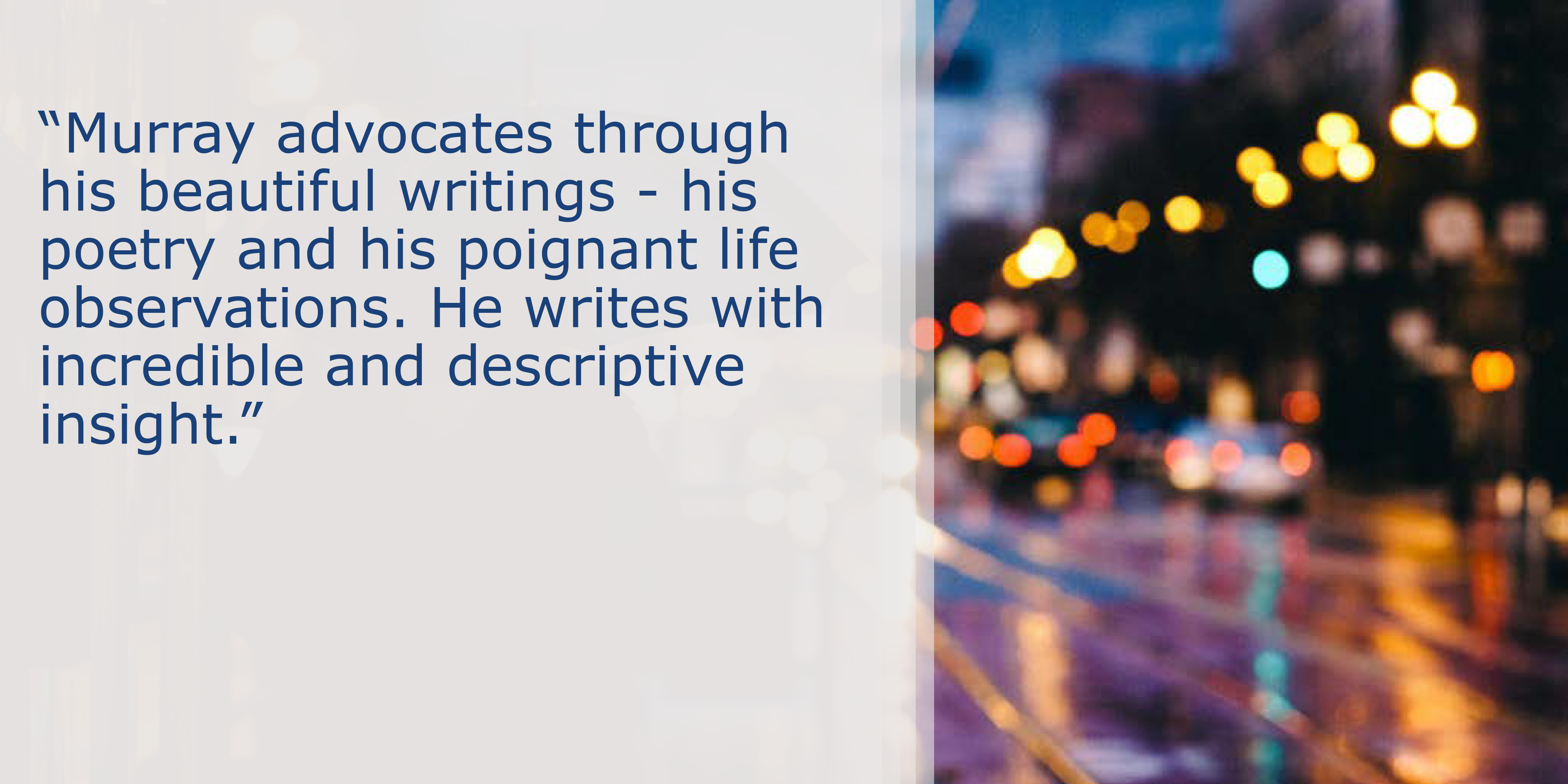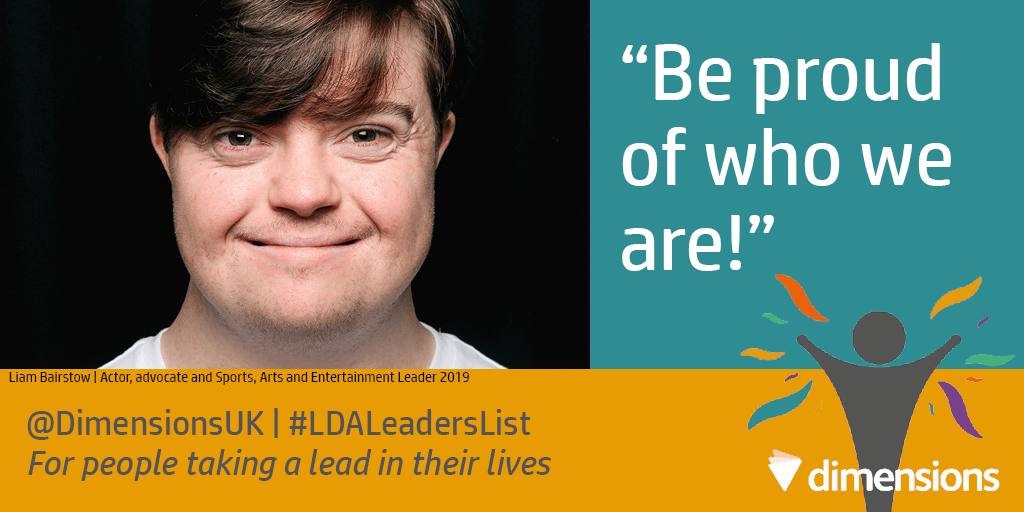“Non verbal”, not non-intelligent
“We are people who are really wanting to be heard. Just try and be patient please and we will try positively to say how we feel if you are willing to listen and give us the space. The voice does not control the ability to ascertain knowledge.”

“Non-verbal” Murray had no real form of communication until age 9 when, during one of many assessments it was discovered that he had taught himself to read and spell.
Murray, now 17, is a strong and active campaigner for assuming competence in non-verbal individuals. He is a vehement campaigner for changing the minds of those who associate non-verbal with non-intelligent.
Despite also having apraxia, Murray now advocates through beautiful typed poetry and poignant life observations. He writes with incredible and descriptive insight.
Download and read one of Murray’s poems, “Understanding”.
In his unique style, Murray tells of his daily frustrations of being silent, and how he perceives and is affected by the sensory world.

He has spoken through typing at No 10 and his insights are regularly used in school by therapists who quote him as an example of always assuming competence.
He is also the Autism Ambassador for Horses Helping People, a charity providing therapy for individuals with additional needs, where Murray – for the last eleven years – has also taken an important and active part in fundraising and where his words are shared with many who visit there, providing insight and understanding.
These achievements are incredibly important in changing opinions towards non-verbal individuals and in giving first hand insight into what it is like to be a person living with autism and not able to speak using their voice.
Debbie La Haye, Horses Helping People’s founder, says this of him:
“We feel very privileged to have Murray as our Ambassador as he has so much to offer in helping people to understand the challenges of living with autism. Murray also has the gift of reminding us how many similarities we all share, which brings people closer together.
“We’ve learnt so much from Murray’s words, and sense the importance of sharing them with our community of educators and care-professionals, who can be encouraged not to underestimate the intellectual capacity of people who are non-verbal, and also with other non-verbal young people to give them hope that their voices can be heard”.
Speaking through typing is an exhausting and long process due to the sheer physical effort of having apraxia, however Murray is determined that his powerful words will help to contribute to changing the world’s perception of non-verbal people with autism.
How does it feel to be a Learning Disability and Autism Leader?
“I am very pleased that my poetry, writings and my advocacy of being non-verbal and still intelligent in a very verbal world now has an acknowledgement and understanding. I, and many people like me, have more to say than just by the voice alone. It makes me pleased that I feel a part of my disability is forgotten for a moment and I am now heard.”
“This is an inspiring story. It is incredible for a young person to teach themselves to read and spell, and then to help others to communicate. This entry also gives an insight to the determination required to keep working such as by typing to communicate.” – Leaders’ List 2019 Judge











